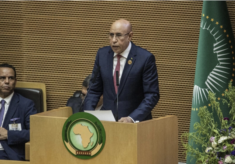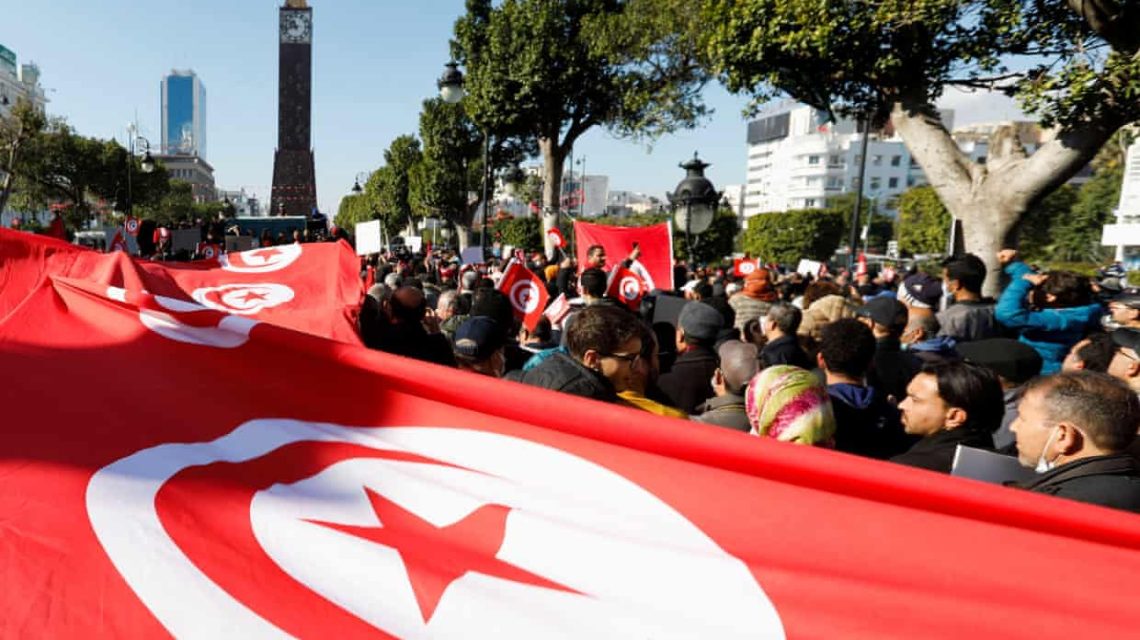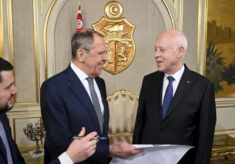Four months after President Kais Saied stepped in to consolidate power in his own hands, Tunisia has officially been presented with a way forward intended to bring the country out of the current quagmire by the end of the next year. The roadmap outlined on the 13th of December includes two main pillars of the President’s grand reset strategy: a revision of the 2014 Constitution that ended the political transition from the authoritarian rule to democracy; and general elections to renew a discredited Assemblée des Représentants du Peuple (ARP), considered by many supporters of Saied as the main cause of the socio-economic crisis that is enveloping the country.
The dates announced are highly emblematic. The referendum on the new constitution is supposed to be held on 25 July 2022, which is not only Republic Day but also the first anniversary of Saied’s power consolidation. Furthermore, general elections are expected to be held on 17 December 2022, which has recently been chosen by Saied as Revolution Day. So far, the revolution anniversary has been on 14 January, which is the day in which the former strongman Zine al-Abidine Ben Ali fled Tunisia, marking the end of his regime. However, Saied decided to move the date to 17 December, which is the day in which Mohammed Bouazizi set himself on fire in Sidi Bouazid, triggering a chain of events that led to the Jasmine Revolution ten years ago.
The choice (which raises interesting questions about Saied’s stand on the former regime, also considering his view on the 14th of January as ‘the date in which the revolution aborted’) is much more in line with the populist decisions often associated with the President’s rule.
At a closer look, however, behind the symbolism ostensibly portrayed by the President and his supporters, the shadow of Saied’s one-man-show looms large. In his statement to the Tunisian people the President revealed scanty details about the constitutional revision, which could threaten the most important acquis of the 2011 revolution and still makes the Tunisian transition different compared to the Libyan chaos, for example.
According to the roadmap announced, popular consultation through electronic platforms in the first quarter of 2022 would provide the necessary input for the constitutional reform, on which, however, only a committee of experts directly appointed by Saied would have a say.
Above all, the timeline of the roadmap leaves the ARP frozen, raising serious doubts about the ‘imminent danger’ specified in the art. 90 of the Constitution and invoked by Saied in July to proclaim the state of exception, now extended by one additional year.
Deprived of the parliament and with a rubber stamp government led since September by Najila Bouden Romdhane, Tunisia’s semi-presidential system seems headed towards a point of non-return, making possibly room for the return of strongman. The rising criticism of friends and foes alike may have forced the President’s hand, resulting in this roadmap that has received mixed reactions so far, but it remains to be seen if the additional time given will be enough to address Tunisia’s most pressing socio-economic challenges.






















